Balaji Breaks Westphalia: A Review
Reviewing and expanding his idea of building a virtual nation
Balaji Srinivasan’s idea is bold. In an increasingly decentralized world, he proposes to take another radical step in the dispersion of power. It is true that the nation state model has failed many. It inefficiently allocates resources and holds back the potential of many. For example, the Rwandan genocide does not happen without the current global system. They exist simply to keep the peace, a direct result of the Treaty of Westphalia in 1648. The treaty established the state as having a monopoly on the use of violence and as being the supreme authority instead of religion. To suggest that this paradigm could once again be flipped on its head is bold, but so was Coinbase and so is 1729.com.
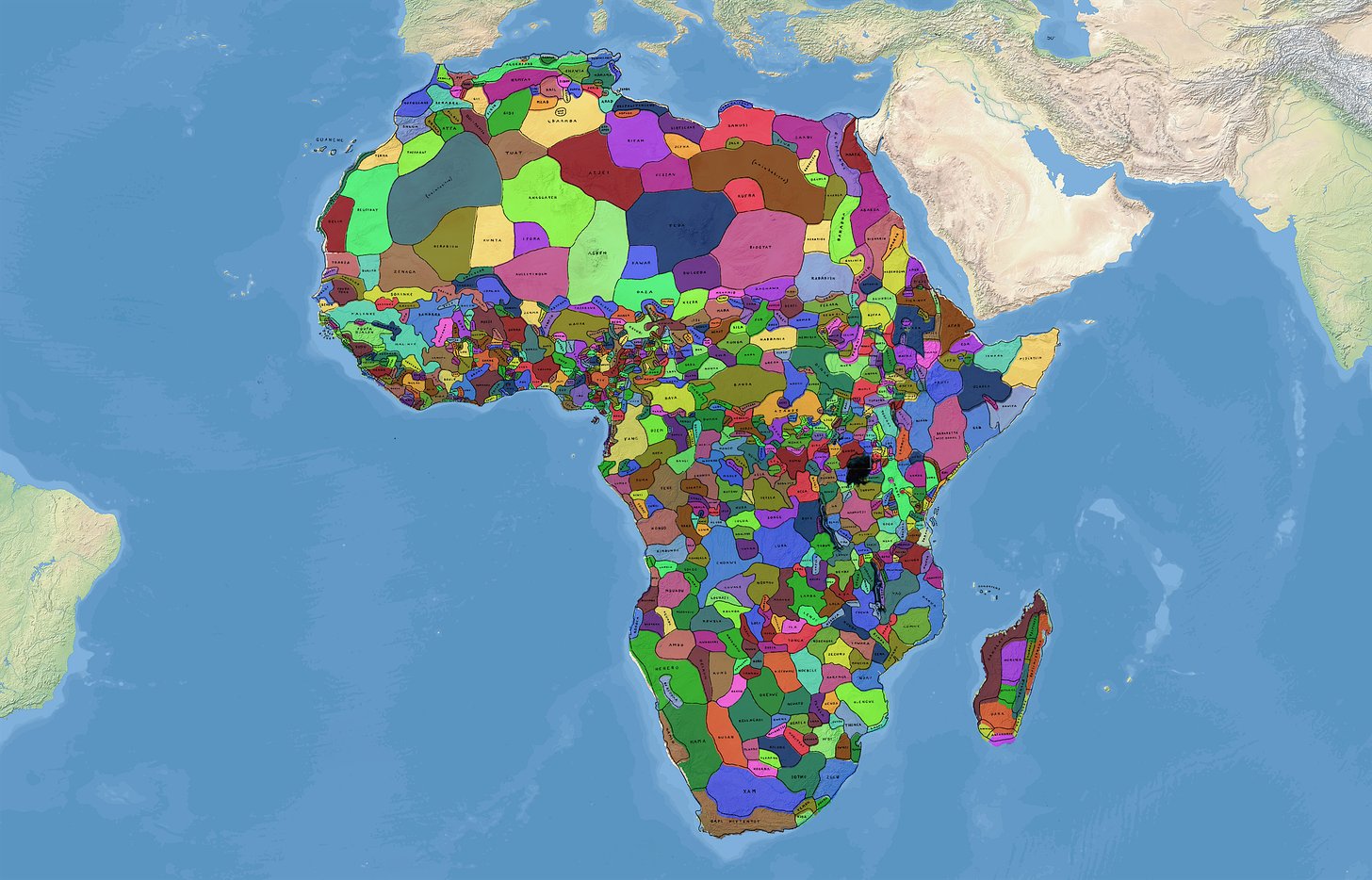
As mentioned in the post, there are already significant online followings of different individuals. One can look to the ferocious loyalty of any pop musician (e.g. Beyonce’s Beyhive) to see an online following. These types of followings fall far short of what Balaji is suggesting. These are akin to cults of personality with an individual being the only driving force. To truly build an online nation we need to break down 3 things; what the nation Needs, Must Do, and Avoid.
This article will not cover every possible point. When it comes to things like a shared ideology, an entire book would be needed. I am going to try and offer some points that would help actualize the goals put forward.
Needs
1) The most critical component to creating a nation is to have an economic benefit for its citizens. The first city in existence, Uruk, grew for this reason. If ancient humans could have seen more prosperity and safety from living in the countryside they would have continued to do so until the present day. Uruk fostered the creation of an economy, a chance for everyone to elevate their status. If we are to create something so radically new, we need to look back to those who did something just as radical in a more challenging time.
This nation needs to provide several things to make it worthwhile. For one, it needs to have something resembling industry. This can be done entirely online, but there needs to be some economic specialty so that all citizens can reap the rewards. Specializing in either a service or a niche good would be a great start. Another critical component is to have some sort of investment infrastructure. If everyone can pool their money to both grow their net worth and bring tangible benefits to other members, then the nation will become more attractive. Lastly, the benefits need to be clear. This could be the distribution of cryptocurrencies to citizens for helping the nation or even housing; regardless, there needs to be a carrot offered for contributions.
2) A common currency is also the hallmark of a thriving nation. It is abundantly obvious that a cryptocurrency is the way to go. Hopefully the nation and citizens would be able to have control over the currency. The best model for a nation would be something like Tezos. Tezos allows its stakeholders to have a say on the development of the currency (which avoids it splitting into two like Bitcoin/Bitcoin Cash) and helps democratize the process. A new currency would be optimal, but if the nation is large enough they could gain enough stakeholders to simply control Tezos or a similar cryptocurrency. Having a common currency protects citizens from the whims of the outside economy and geopolitics. The price of the Dollar or Rupee or Bitcoin won’t matter if only one currency is used, especially if its backed by something that holds value like smart contracts.
3) Thomas Jefferson said it best, “Our liberty depends on the freedom of the press, and that cannot be limited without being lost.” This new nation needs a vibrant media environment. Our current media has utterly failed us. They attack freedom of speech and pick favorites to an extreme to protect themselves. For this nation to survive, it needs several media sources that are native to it. Beyond these more traditional journalistic forms of media there needs to also be a lot of other forms of media. This would include art, music, and literature. If this nation runs on blockchain, then NFTs could be the norm. A vibrant media environment prevents a dominant personality from running the nation like a fanbase.
4) A nation is defined by both who it is and who it is not. The virtual nation must not be easy to enter and must have some penalty for leaving. This does not necessarily need to be a legally mandated penalty but there needs to be some cost. If the nation can be as easily joined and left as a discord server then it will be taken as seriously as one. One way to achieve this is to require some sort of financial tie into join the nation. Some other additions could be requiring an application and a continued presence to maintain their citizenship. This may sound draconian but it is necessary to have some way to both increase the desirability of the nation and retain those in it. As the nation grows, the degree of difficulty to join should grow. As Groucho Marx famously said, “I refuse to join any club that would have me as a member.”
Must Do
1) This nation must strive to become a physical entity as soon as it can. One model for this is the Free State Project. This project is a group of libertarians trying to move to New Hampshire to exert greater political influence and create a community. A similar approach needs to be taken. In each real world country people need to find a location or two they would like to move to. From there the communities can become much more real. A lot is lost when we don’t have human contact with others as the lockdowns have shown. Creating these polities also has another benefit. They can begin to advocate and vote for changes favorable to the nation. They also can begin recruiting people offline. When others see the economic viability of the nation they will want to join. These small communities will serve as giant advertisements for the nation.
2) These communities need to be formed in democracies. Many members of this nation will live in undemocratic societies. It will be a moral imperative to get these citizens to the newly formed communities. It will not take long for the nation to be seen as a threat. Not only will it threaten the global system, it will threaten the hegemony of loyalty enjoyed by states. In a democracy, this will be an annoyance to the ruling powers. In an authoritarian system, it will be seen as a threat to be destroyed. The best example is the Falun Gong movement in China. This religious movement was benign towards the authority of the CCP yet it was still ruthlessly eradicated. The CCP understood that no threat to its claim to sole power could be accepted. Balaji’s project will be seen as a much greater threat. It is quite literally the explicit rejection of the authority of the state and those countries that can eliminate without penalty will do so. Believers in the nation should be evacuated from nations like Russia and China and must be helped by other citizens.
3) The nation needs to have a shared (and flexible) ideology. This ideology should seek to shatter the current left-right spectrum. Belief in the mission, currency/economics, and rights of its citizens must be paramount. It cannot simply be a fan club of decentralization. There needs to be a deeper philosophy that is created and constantly improved upon. If the ideology is hollow then the disparate communities will factionalize and kill the project or splinter it into oblivion. One of the best analogies is the creation of the United States. In the same general area, there was a collection of statesmen who could just as easily be called philosophers. Their debates over the Declaration of Independence and Constitution were just as logical as they were philosophical. Spaces such as Clubhouse give the perfect platform to have these same sorts of debates. Just as revolutionary ideas were discussed in 1776 and 1789, debates could be had in 2021 and 2030. There is a massive ideological void around much of the world. Traditional political ideologies and older religions (this is not to say the nation should not have a belief in God) have become weaker. By escaping our current politics, something truly radical could be created.
4) Lastly, this entity needs to have a survival plan if it is taken offline. If success is forthcoming, even democracies will try to shut it off. Without direct control over its own power and electricity, it is vulnerable. One solution could be to spread the nation far into key industries so there are advocates everywhere. Even if this was done there needs to be a Plan B. From the beginning, the goals and philosophy of the nation need to be passionately believed and understood. If the nation grows too fast and becomes too powerful, then the elites of the old world will use their current power to crush it. A careful rise and thoughtful plan can mitigate this risk.
Avoid
1) Although this nation will likely be the true expression of decentralization it needs to realize there are limits. In the book Why Nations Fail, the effects of a total lack of political centralization are made clear. The book holds up Somalia as the poster child of this. The diya system in Somalia has led to endless conflict. Rival clans can never gain enough power to fully take over and are caught in endless blood debts. Without any power to step in and resolve the disputes, they are damned to conflict ad infinitum. This nation needs to set up some sort of limited executive power. How this is set up and how it is done can be something revolutionary. It could be a Swiss style council or a fully democratic vote. The possibilities are endless but one must be chosen (and could always be changed, just like a Tezos style cryptocurrency). This governance could be done through the blockchain to potentially allow more anonymous votes. The centralization of this power should be kept to a minimum but it would be asinine to set up a system with absolutely no checks. This small power could also help stop the rise of any bad actors who gain popularity.
2) The aforementioned vulnerabilities of this nation must be omnipresent in the minds of the founders. For as long as possible, direct confrontation with the authority of the state should be avoided. No one should claim to be the sole ruling authority in an area. In democracies, people should vote in leaders who will protect them. The more concentrated the communities are the more power they will have (especially in federal systems like the US or Germany). There will be an impulse by some to declare this new nation as the true authority in all cases. Local laws and customs must be respected while the current global system exists. If this country is successful enough to gain real power, then it can begin to do things like gain its own public utilities. Before then, confrontation must be avoided at all costs (and generally should always be avoided). The earlier the confrontation occurs, the more likely the internet gets killed and destroys the entire project (and in some countries potentially lives)
3) Lastly, some ideologies should be avoided. Some of the collectivist old world ideologies are particularly toxic. Communism and Fascism each have their appeals, but would easily tear apart this country. Similarly, a system founded on social justice would be like trying to maintain an orchid in a desert. Its self destructive nature would never allow true growth. The room for creativity needs to be nearly endless but some core beliefs need to exist. There must be respect for fellow citizens. There must be free and fair economic competition. Its important to note that I am an American so I may have bias in these ideas superseding others, but I firmly believe that they are crucial to a lasting decentralized nation.
I would love to go on and on about other ideas but I think this is a firm start on some of the challenges that this nation will face. Many of these basic points can be fleshed out further. The concept is exciting and the potential to expand on these ideas is even more so. To escape the trappings of our forefathers’ wars this kind of innovative thinking by 1729 is needed. Please comment any ideas you have!
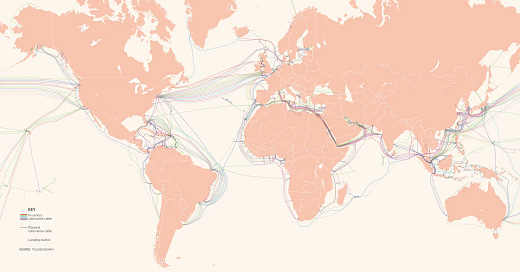


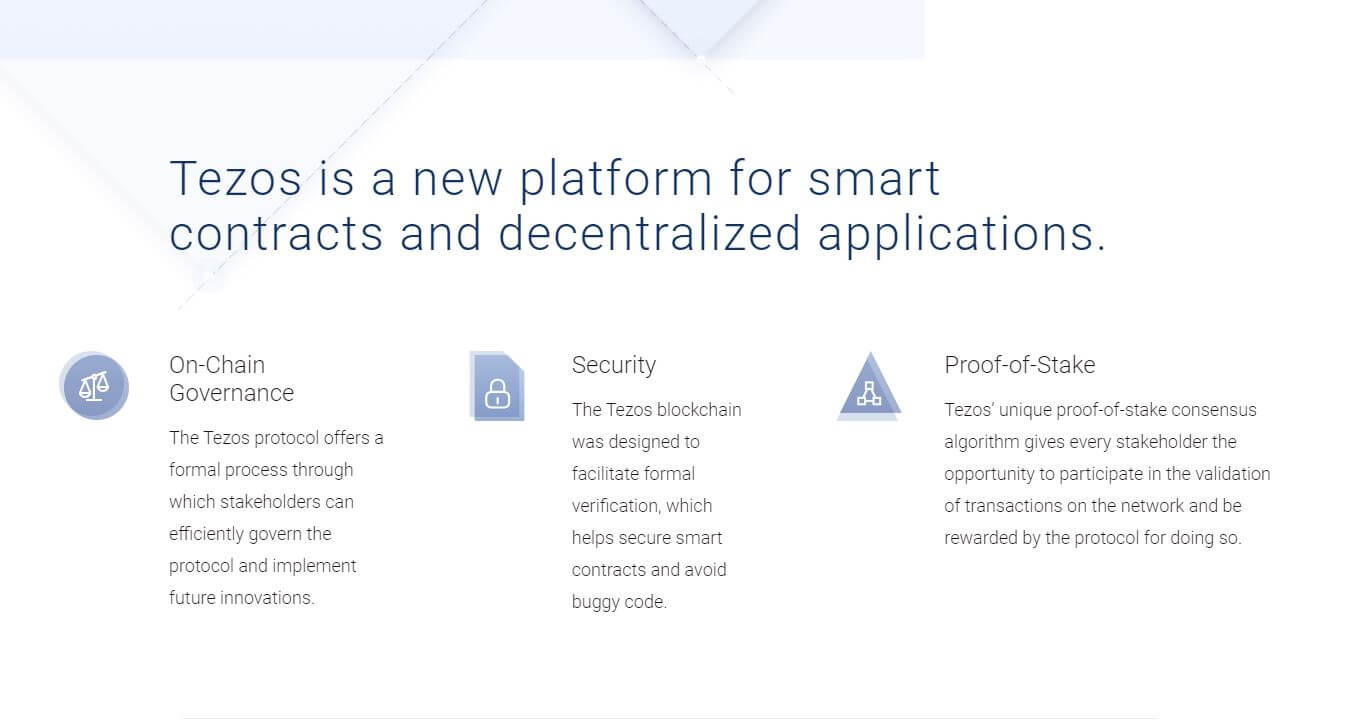
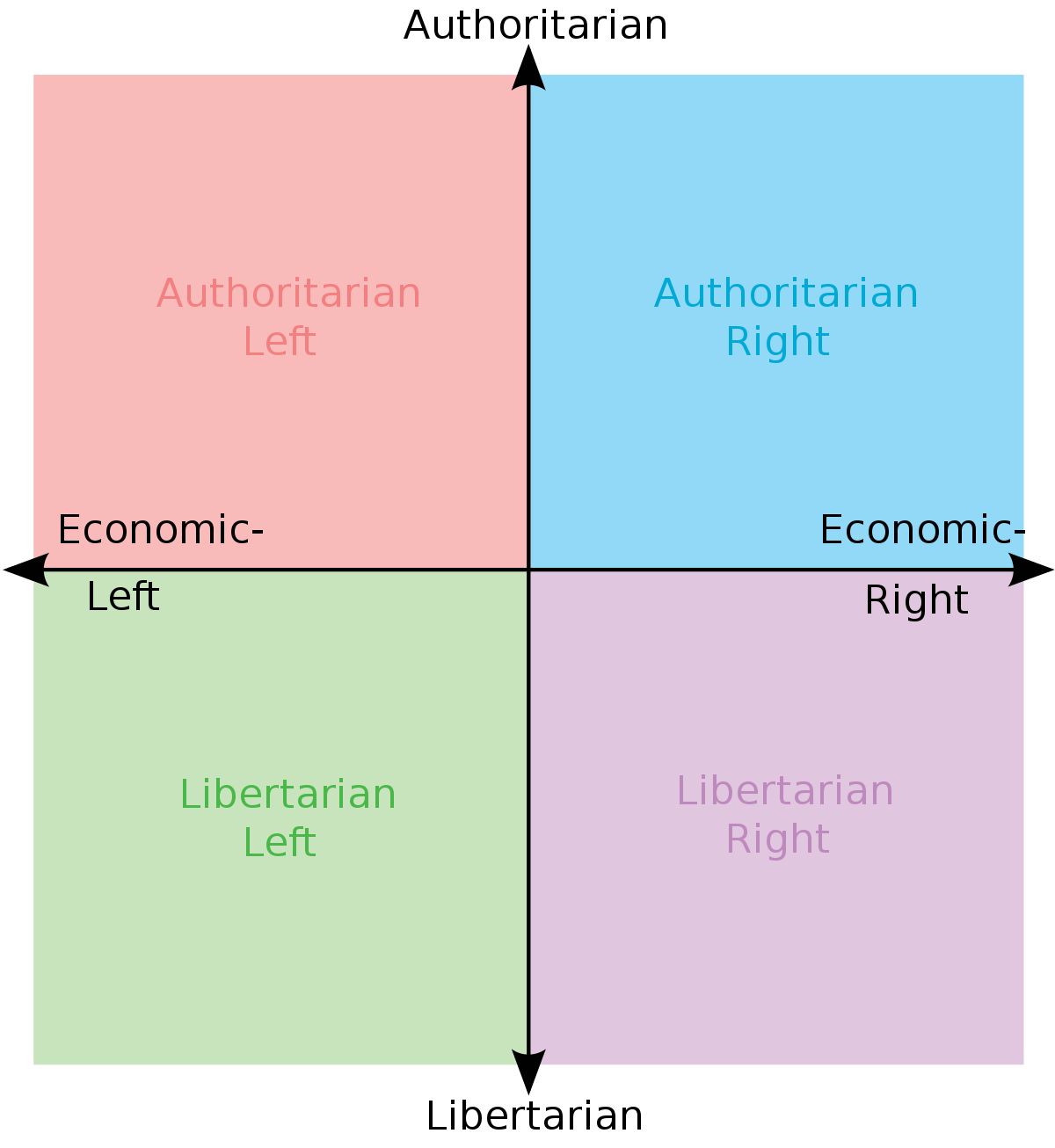
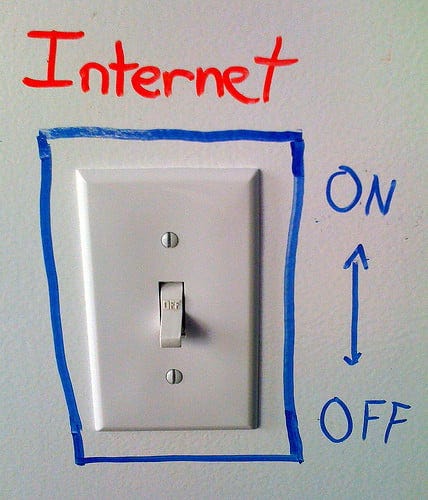
"In each real world country people need to find a location or two they would like to move to. From there the communities can become much more real. A lot is lost when we don’t have human contact with other" i tend to agree. The digital first community doesn't work for me. I want to have chickens and pigs. And trade with my neighbor for baby sitting or art. I don't want to have to stare at a screen to see my friends, my countrymen, as they would be.
What's the solution to this? Buy some land in Mexico together???
I appreciate your thoughts on this topic, your ideas and organization are very useful. Thank you.